The Real Reason Twitch Streamers Are Moving to Kick
In the fast-moving world of live streaming, one shift is catching everyone’s attention. Twitch streamers—some of the biggest names in the game—are leaving the platform that helped build their careers and heading to a new competitor: Kick. While Twitch still holds the largest share of the live-streaming market, it is no longer the undisputed king. Kick is rising fast, and the reason streamers are moving is not as simple as money. It is about freedom, frustration, and the future of creator-first platforms.
This article unpacks why Twitch streamers are jumping ship and what Kick is doing to change the game.
Twitch’s Glory Days Are Behind It
For years, Twitch was the go-to destination for gaming content and live streaming. Owned by Amazon, it gave rise to household names like Ninja, Pokimane, and xQc. It built a tight-knit community and helped popularize esports, reaction content, and creative streams.
But as the platform grew, so did the rules, restrictions, and corporate mindset. Streamers began noticing changes in how they were treated. Twitch’s strict monetization terms, confusing moderation policies, and lack of innovation began to wear thin on many creators.
By 2022 and 2023, frustrations had peaked. Twitch started making cuts to creator revenue shares, reducing the standard 70-30 split for top streamers to 50-50. Many felt this was a slap in the face, especially considering the platform’s reliance on its creators to attract viewers.
What Kick Offers That Twitch Does Not
Kick launched in 2023 with a promise to treat creators better. At first, it was met with skepticism. Could this new platform really compete with a giant like Twitch? It did not take long for Kick to prove it was serious.
The platform is backed by Stake, an online gambling company with deep financial resources. That support allowed Kick to offer creators deals Twitch simply would not match. But more than just money, Kick’s appeal lies in three core differences.
1. Better Revenue Splits
Kick offers a 95-5 revenue split to its creators. That means streamers keep 95 percent of the money they make from subscriptions. Compare that to Twitch’s 50-50 or 70-30 model, and it is clear why streamers are tempted.
For many content creators, streaming is a full-time job. Keeping more of what they earn makes a real difference. The math is simple: if a streamer makes ten thousand dollars on Kick, they keep nine thousand five hundred. On Twitch, they might only keep five thousand or seven thousand at most.
2. Fewer Restrictions
Kick has taken a hands-off approach when it comes to content moderation. While Twitch has strict guidelines on music, language, attire, and even what games can be played, Kick has built its reputation on creator freedom.
That does not mean it is a free-for-all. Kick still has basic community standards, but it gives creators more breathing room. Many streamers who felt micromanaged or penalized on Twitch find Kick to be a more relaxed space.
This looser moderation appeals especially to streamers who like to push boundaries or mix edgy humor into their content. For them, Kick represents a return to the earlier, more raw days of streaming.
3. Real-Time Support and Feedback
Kick is actively engaging with its creator base. Many streamers have praised the platform for listening to feedback and adjusting features based on real-time user suggestions.
On Twitch, many creators felt like they were shouting into the void. Decisions were made from the top down with little transparency. Kick is working to change that by creating a collaborative environment where creators feel like partners, not just workers.
Big Name Moves: The Domino Effect
When a few major creators left Twitch for Kick, many considered it an experiment. But once names like xQc and Adin Ross moved over, it sent a message. This was not just about new talent trying something different. It was a legitimate shift.
xQc’s deal, reportedly worth tens of millions, signaled that Kick was willing to invest big. Once the money was on the table and the culture felt better, others followed. These streamers did not just bring followers—they brought legitimacy and curiosity. Viewers started exploring Kick, and they liked what they saw.
A Cultural Shift
Kick is not just offering better pay and looser rules. It is also cultivating a different kind of community. Twitch has increasingly become dominated by sponsorships, ad breaks, and hyper-polished content. Kick still feels grassroots, even as it scales.
Many fans miss the early days of streaming when things were raw, real, and unpredictable. Kick taps into that nostalgia. It gives streamers space to experiment without worrying about getting banned for a minor slip or background music.
The culture on Kick is still forming, but it is one shaped more by creators than corporate rules. That makes it attractive not just to streamers but to viewers hungry for something more authentic.
Concerns About Kick
Of course, Kick is not without criticism. Its financial backing from an online gambling site has raised ethical questions. Some wonder how sustainable its business model is, especially with such generous revenue splits.
There is also concern about moderation. Too much freedom can lead to chaos, especially in a live environment. Kick will have to find a balance between creator freedom and platform safety if it wants to scale responsibly.
So far, Kick has managed to stay in control while still offering something fresh. But the next few years will be the real test.
What Twitch Is Doing in Response
Twitch is not sitting still. In late 2024, the platform began rolling out updated creator tools, better chat moderation options, and improved monetization features. It also introduced more flexible subscription tiers and bonus programs for smaller streamers.
But many believe these moves are too little, too late. The damage to trust has already been done. Unless Twitch makes radical changes to how it treats its top talent, it may continue to see defections to more creator-friendly platforms.
The Future of Streaming
Live streaming is no longer a niche activity. It is mainstream entertainment. Platforms like YouTube Live, Facebook Gaming, and now Kick are all competing for a share of this growing pie. The winners will be the platforms that give creators the tools, respect, and financial support they need to succeed.
Kick may still be new, but it has already shaken the industry. Twitch is being forced to reckon with its decisions, and streamers now have more choices than ever.
In the long run, this competition could be a good thing for everyone. Platforms will improve, creators will be empowered, and audiences will get better content.
Final Thoughts
Streamers are moving to Kick not just for higher pay, but for greater freedom, less red tape, and a platform that actually listens. Twitch helped build the streaming world, but now it risks falling behind if it cannot adapt fast enough.
The streaming wars are just beginning, and Kick has landed its first big punches. Whether it can maintain that momentum will depend on how well it scales, how it handles future challenges, and whether it can keep the trust it has earned from creators so far.
Stay in touch to get more news & updates on Wheonx!
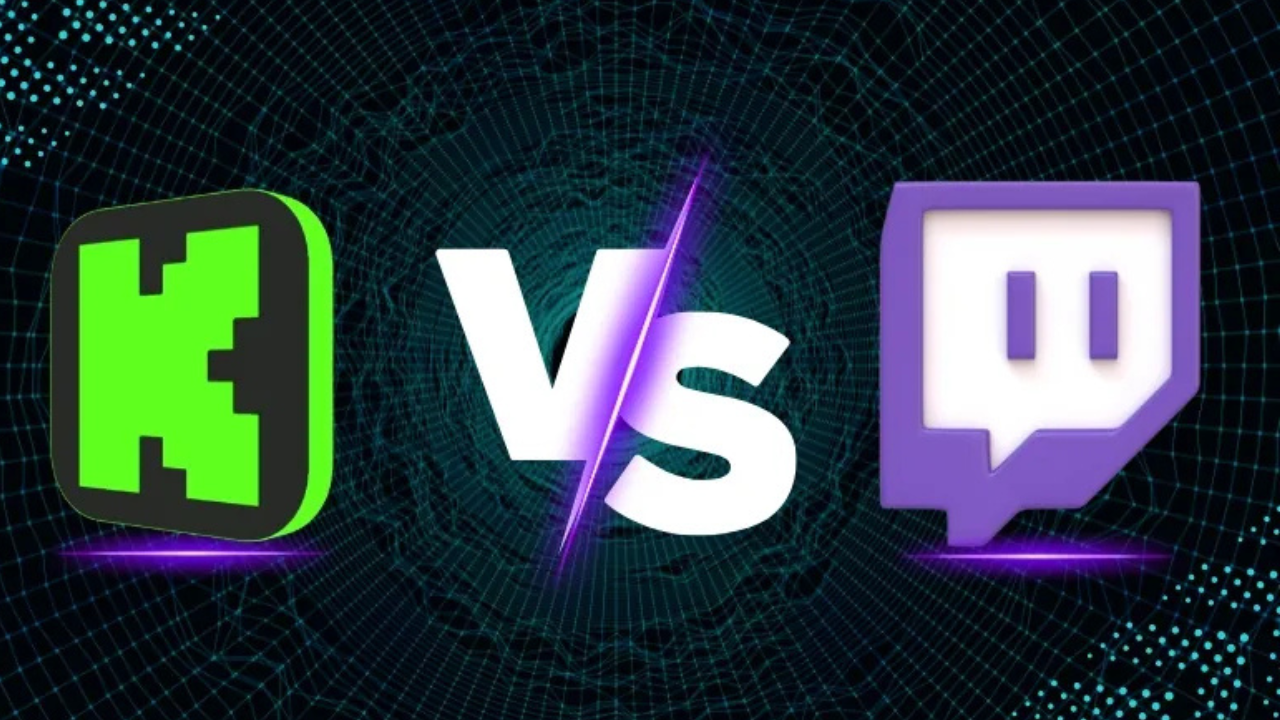

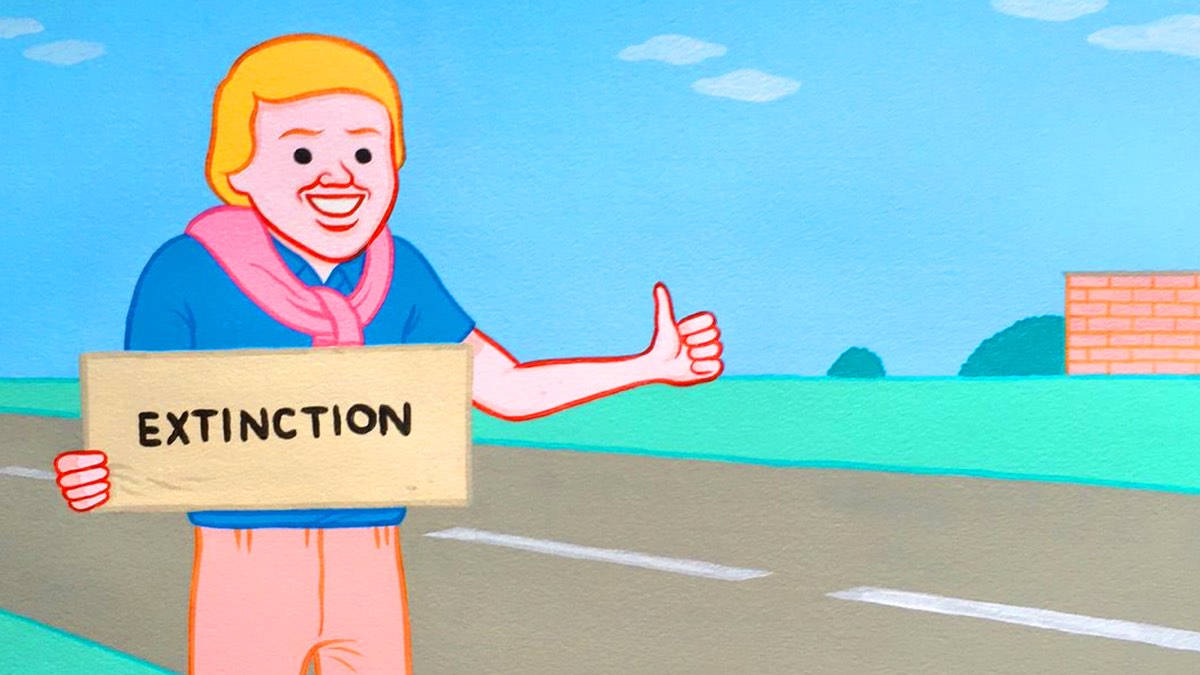
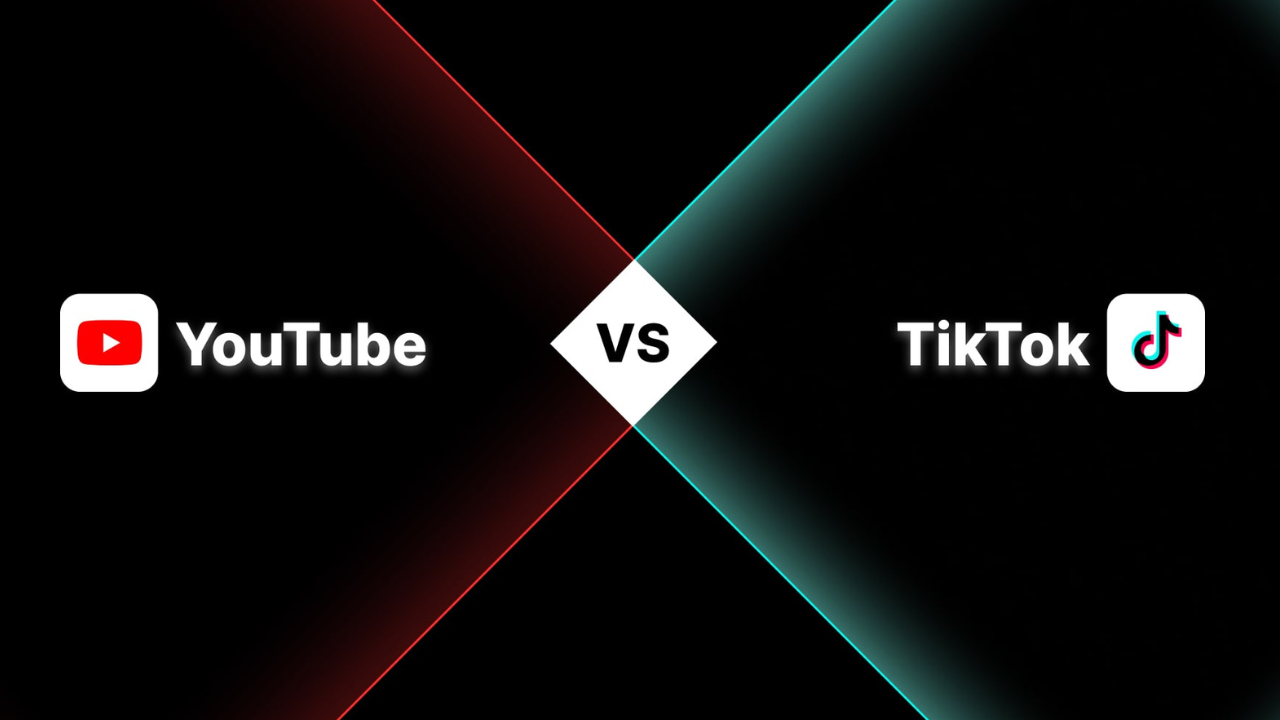


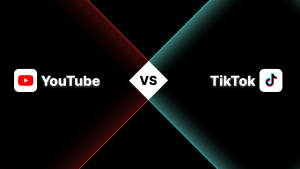


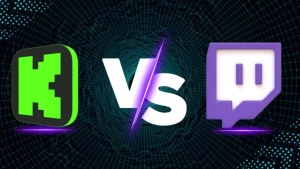

Post Comment